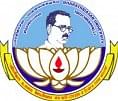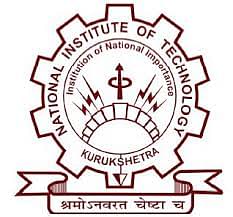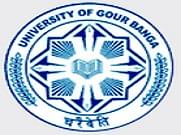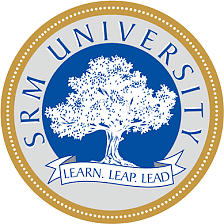Navigating the World of Finance: A Comprehensive Guide to B.Com Finance
Introduction
Choosing to pursue a Bachelor of Commerce (B.Com) with a
specialization in Finance opens doors to a dynamic field that merges
theoretical knowledge with practical skills essential for navigating the
complexities of global financial markets. This blog serves as a roadmap,
detailing the admission process, eligibility criteria, and a glimpse into the
syllabus that forms the cornerstone of a B.Com Finance program.
Admission Eligibility
Before embarking on the journey towards a B.Com Finance at best college
degree, prospective students must meet specific eligibility criteria. While
requirements may vary between universities and colleges, typical prerequisites
include:
1. Educational
Background: Candidates must have successfully completed their higher
secondary education (12th grade or equivalent) with a background in commerce,
mathematics, or economics. Specific subject requirements may vary, but
proficiency in foundational concepts like accounting and economics is
advantageous.
2. Minimum
Academic Performance: Strong academic performance throughout secondary
education is crucial. Most institutions require a minimum percentage or GPA
(Grade Point Average) in qualifying exams, ensuring that incoming students
possess a solid academic foundation to excel in the program.
3. Entrance
Examinations: Some universities conduct entrance examinations to
assess candidates' aptitude in areas such as mathematics, logical reasoning,
and general knowledge. Scores from these exams may be used to determine
admission eligibility and merit-based scholarships.
4. Language
Proficiency: Proficiency in the language of instruction (often
English) is typically required. International students may need to demonstrate
proficiency through standardized tests such as TOEFL or IELTS, especially if
their primary language of instruction was not English.
5. Personal
Statement or Interview: In some cases, candidates may be required to
submit a personal statement outlining their academic achievements, career
aspirations, and reasons for choosing a B.Com Finance program. Interviews may
also be conducted to assess candidates' suitability for the program.
The Syllabus: Mapping the Academic Landscape
Once admitted, students embark on a structured curriculum designed to
provide a comprehensive understanding of finance principles, investment
strategies, and financial management. While specific courses may vary depending
on the institution and program, a typical syllabus for a B.Com Finance at affordable college degree includes:
1. Foundation
Courses in Commerce: Introductory courses lay the groundwork with
subjects such as accounting principles, business economics, business
mathematics, and business communication. These courses ensure students develop
a solid understanding of fundamental concepts essential for advanced study in
finance.
2. Core
Courses in Finance: Specialized courses delve into the core principles
of finance, covering topics such as financial accounting, corporate finance,
financial markets, investment analysis, and risk management. These courses
equip students with theoretical knowledge and practical skills needed to
analyze financial data, evaluate investment opportunities, and make informed
financial decisions.
3. Quantitative
Techniques: Courses in quantitative techniques provide students with
essential mathematical and statistical tools for analyzing financial data,
conducting financial modeling, and assessing risk. Topics may include calculus,
probability theory, statistical methods, and econometrics tailored to financial
applications.
4. Financial
Markets and Institutions: Courses explore the structure and function
of financial markets and institutions, including banking systems, stock
exchanges, bond markets, and regulatory frameworks. Students gain insights into
the role of financial intermediaries, the impact of monetary policy, and the
dynamics of global financial markets.
5. Elective
Courses and Specializations: Depending on the program structure,
students may have the opportunity to choose elective courses or specialize in
areas such as international finance, derivatives and risk management,
behavioral finance, financial planning, or financial technology (FinTech).
These electives allow students to tailor their education to align with their
career goals and interests within the finance industry.
Conclusion
In conclusion, pursuing a B.Com Finance degree offers a
transformative educational experience that equips students with the theoretical
knowledge, analytical skills, and practical expertise needed to thrive in the
dynamic field of finance. From meeting admission criteria to navigating a diverse
curriculum and engaging in practical learning experiences, every aspect of the
journey prepares students for rewarding careers in banking, investment
management, financial analysis, corporate finance, and beyond. As aspiring
finance professionals embark on this educational odyssey, they join a global
community of leaders shaping the future of finance and contributing to economic
growth and prosperity worldwide.












